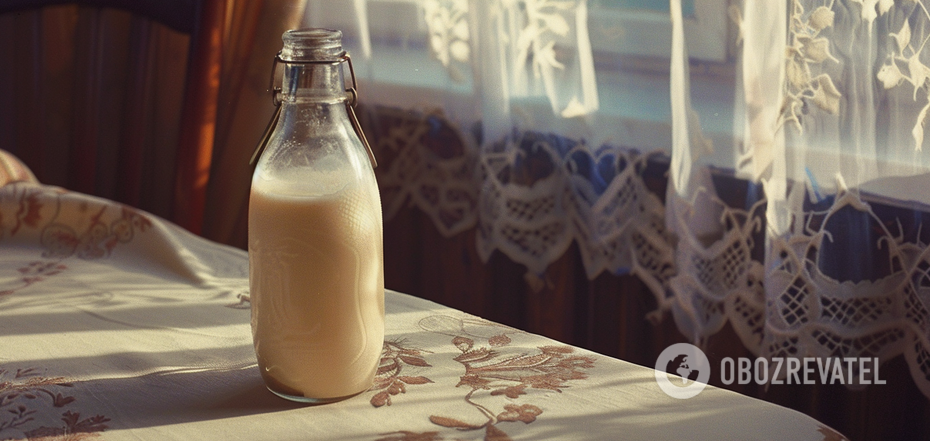Lifestyle
Why kefir was almost banned in the USSR: they were especially afraid for children
The two words that first come to mind when you think of the USSR are "shortage" and "ban." Almost everything was in short supply, and what was not available could be banned at any time, this applied to absolutely all areas of life: from sports (remember the ban on karate) to daily meals.
For example, few people know that kefir was almost banned in the USSR. OBOZ.UA investigated why the Soviets disliked this fermented milk product and why its composition suddenly became inconsistent with Soviet ideology.
How did kefir almost get under the "dry law"
In the 1980s, the USSR authorities seriously took up the fight against alcoholism. This campaign was popularly called "dry law". In practice, everything looked like the "best" traditions of Soviet radicalism: vineyards were massively cut down and factories producing wines and other alcoholic beverages were closed. And the question arises: what does kefir have to do with it?
Once a group of academics authoritatively declared that kefir was subject to the "dry law" because it contained degrees. Lively discussions and numerous meetings began within the party leadership. They were solving a new and important problem that suddenly stood in the way of a cloudless and sober future for the Soviet people: should kefir be banned? Some activists demanded that kefir at least be removed from the menus of children's institutions.
The results of the controversy
Later, scientists explained that the fermented milk product is not harmful to children at all, because the drink has a very low concentration of ethanol.
Kefir was made from milk, kefir mushrooms, or lactic acid bacteria and yeast. The drink was kept in a warm room and then transferred to a cool place for maturation. Depending on the composition and manufacturing processes, kefir could be weak, medium, or strong.
Before the introduction of Prohibition, kefir was widely recommended in the USSR as a healthy drink for dietary consumption, and its production was organized on a very large scale. It was difficult to ban this process.
Subscribe to OBOZ.UA channels on Telegram and Viber to keep up with the latest events.



























